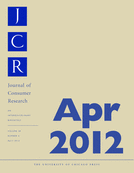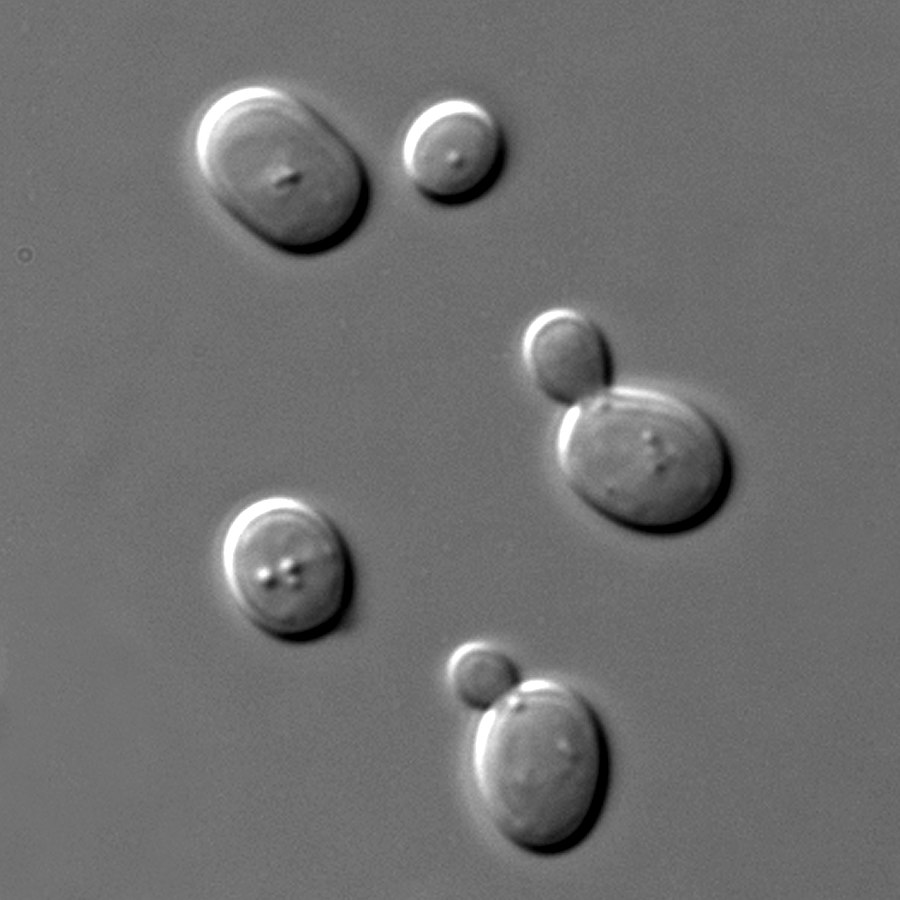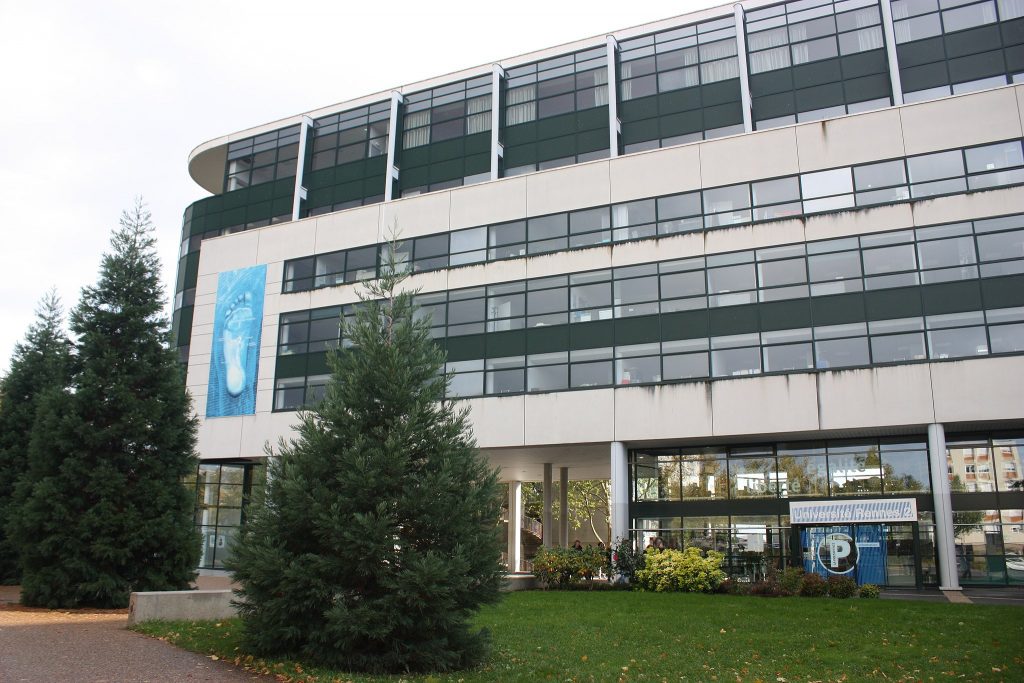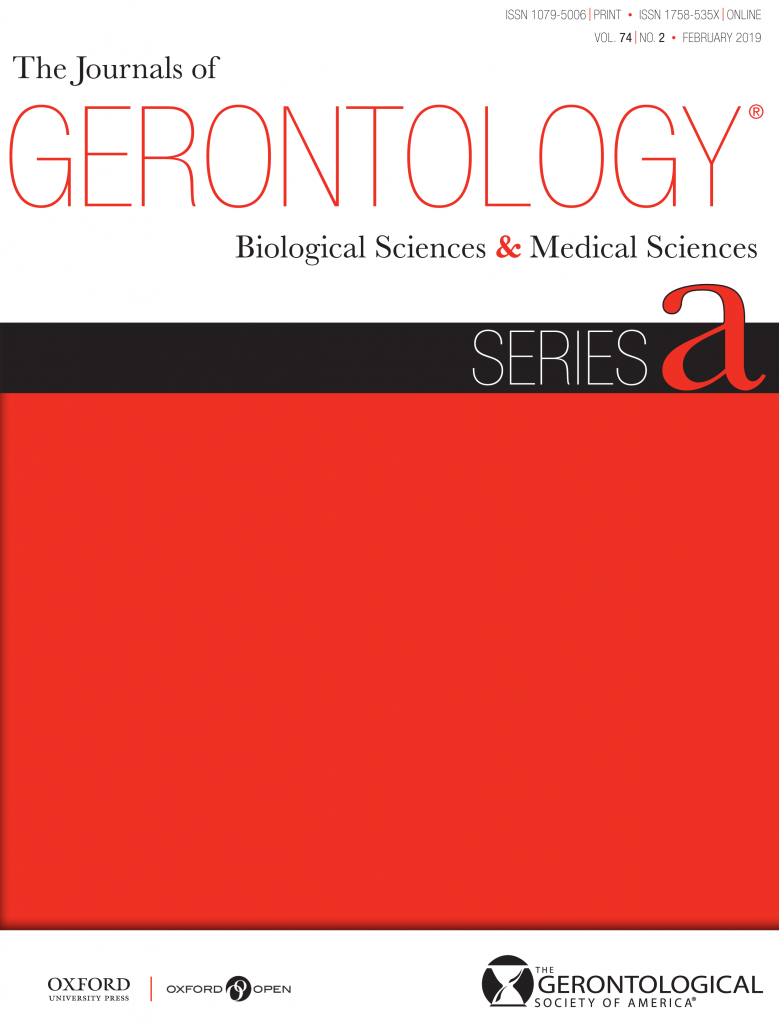A radiology professor in France who plagiarized others’ work in a review article has resigned from his role as deputy editor of a medical journal amid new concerns about his publications, Retraction Watch has learned.
The professor, Romaric Loffroy of CHU Dijon Bourgogne, was first and corresponding author of the offending review, which included large amounts of text from two earlier papers without appropriate citation, as we reported last month.
When confronted with evidence of the plagiarism, Loffroy put the blame on an alleged undisclosed ghostwriter, then proceeded to tone down the offense, saying he wouldn’t mind it if his own work had been plagiarized.
Continue reading Exclusive: Editor caught plagiarizing resigns as more concerns emerge






